RFU's £500,000 question: Who will be England's next head coach?
The Rugby Football Union have more than enough money to make their next appointment the highest-paid coach in world rugby. So why don’t they?
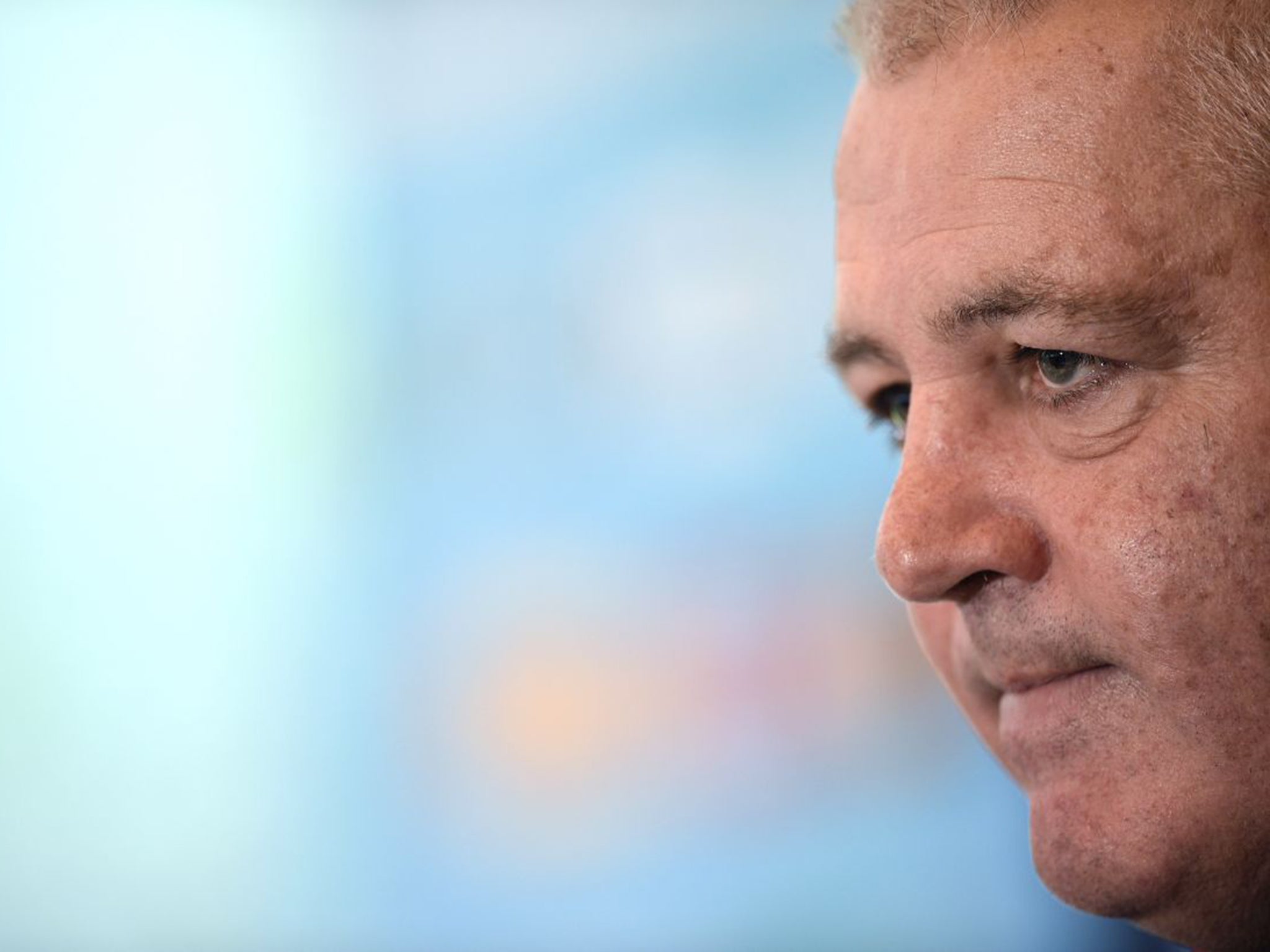
The Rugby Football Union’s panel to review England’s World Cup nightmare has started its work. Five men with three weeks to pick a new head coach or stick with Stuart Lancaster. To adapt the Ben Bradlee line from the story of Watergate, nothing’s at stake here other than all those men’s reputations, the future of the England team and the entire wellbeing of English rugby.
The current salary paid to the England head coach is reckoned to be around £380,000 a year.
Almost all the obvious candidates, if the panel chaired by RFU chief executive Ian Ritchie decides to make a change, are contracted elsewhere and, as one example, reports in Wales are that the Welsh Rugby Union would want £1.2m to release Warren Gatland from his four-year contract.
A coach who is headhunted may be able to push up his asking price, playing hard to get. Half a million quid, maybe?
Everyone knows the RFU can afford it. The world’s wealthiest Union turns over £150m a year, and though it declared an operating loss of £5.4m in June 2014, the cash balance was more than £30m and estimates of the profit from hosting the World Cup range from £15m officially to a reported £40m.
On the flipside it is common sense to recognise that future commercial deals for the RFU would be more healthy if England had won the World Cup. It is believed World Cup merchandise sales have plummeted by more than 50 per cent in the last two weeks.
“No one is unreachable,” Will Greenwood, England’s 2003 World Cup-winning centre told the Beyond Sport conference when asked about the coach’s position earlier this week. “If England do decide to change they have to go after one of these super-coaches.”
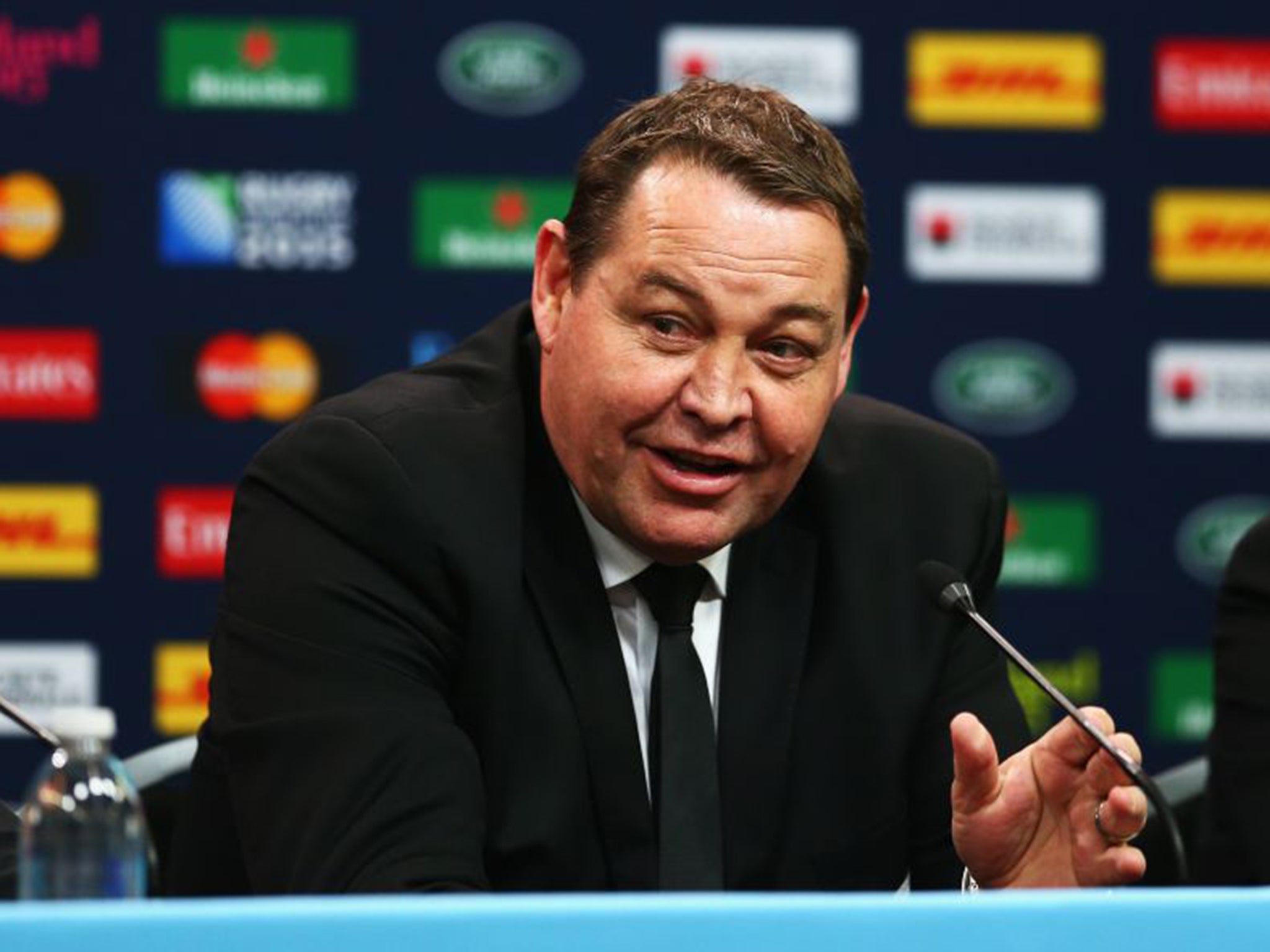
In this bracket Greenwood namechecked Gatland, Michael Cheika, Joe Schmidt, Steve Hansen, Wayne Smith, Eddie Jones and Vern Cotter – none of them English.
“I have liked Cotter for two years,” Greenwood said. “And while Hansen speaks quietly in front of camera, he apparently is a good lad. The coach is about making the whole more than the sum of the parts.” Jones, the Japan and former Australia and Saracens coach, believes it is “now or never” for England to employ a foreigner. “This is one of the most prestigious jobs in the world,” Jones said. “For these sorts of jobs, money is not a massive consideration – it’s more about delineation of responsibility, of the key things you want. The comfort in knowing you can do the job as you want to. England couldn’t have had a worse World Cup, when everything was set up to do well. But you’ve got a proud rugby country, a terrific domestic competition in the Premiership and you’ve got reasonable relationships between the Union and the clubs.
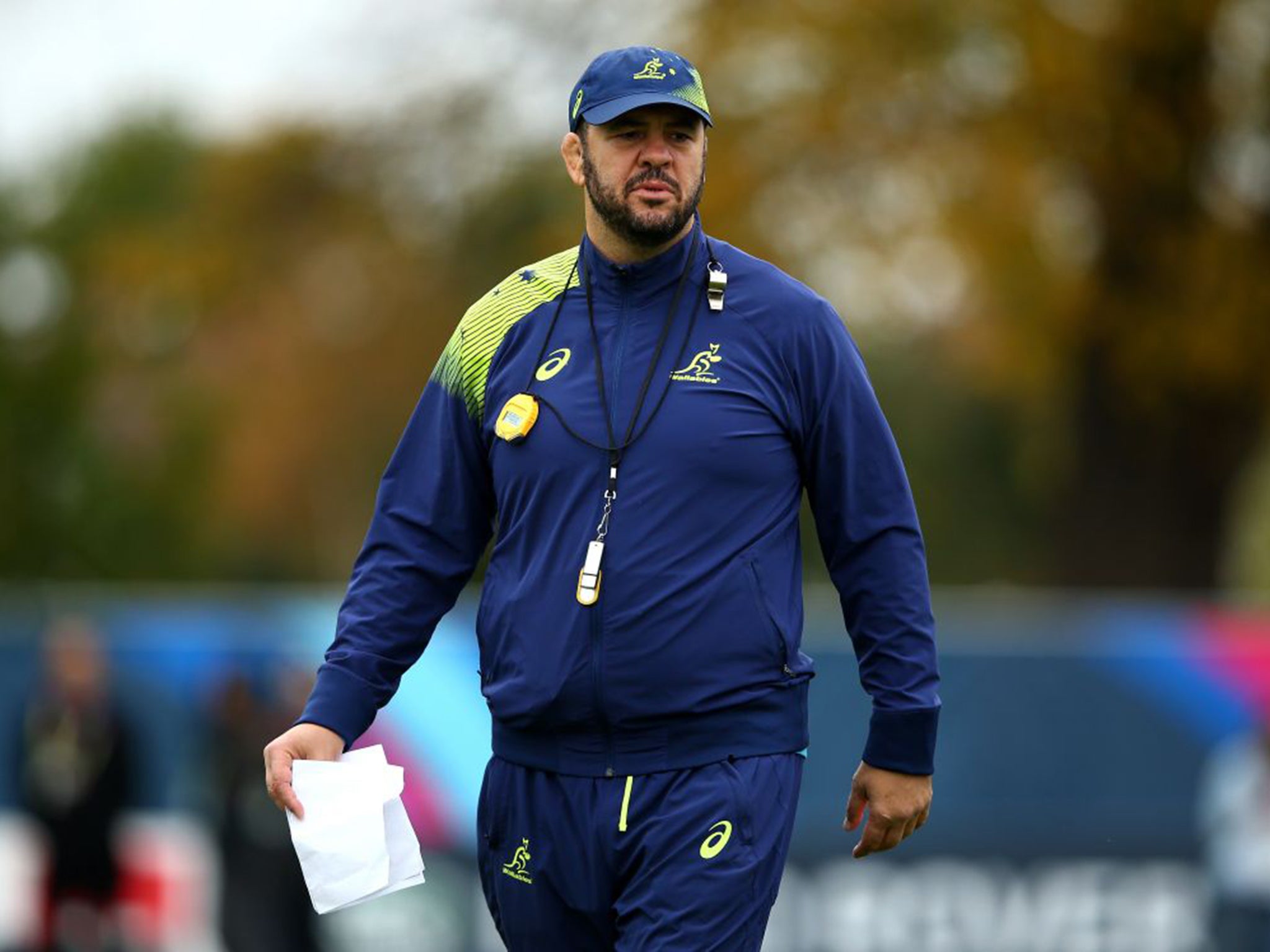
“Also, you’ve got a big player base, and access to high-quality games in the Six Nations and the June and November Tests. The RFU have got to decide whether they want someone proven at international level or if they want to keep it in the experimental phase, which hasn’t produced the results they would have liked.”
Jones was referring to the appointments since Sir Clive Woodward walked out of the job in 2004 (of which more in a moment): Andy Robinson, Brian Ashton, Martin Johnson and latterly Lancaster; all RFU men to one degree or another. Twickenham, generally, is not seen as a centre of free and easy thinking. Look at the fuss over Steffon Armitage – just the thought of picking one player from a French club produced an ugly power-play from the Premiership clubs, helping to tie Lancaster’s hands.
Moreover, the 12 clubs each have their own way of playing and even Jim Mallinder, a proud Englishman at Northampton, admits he hasn’t the time or the incentive to change style to suit England. In New Zealand, the five Super Rugby teams dovetail mostly harmoniously with the All Blacks. But Woodward gave up fighting for more say in the players’ management, and little has changed fundamentally since he went, other than that Woodward has been out of rugby coaching for 10 years now.
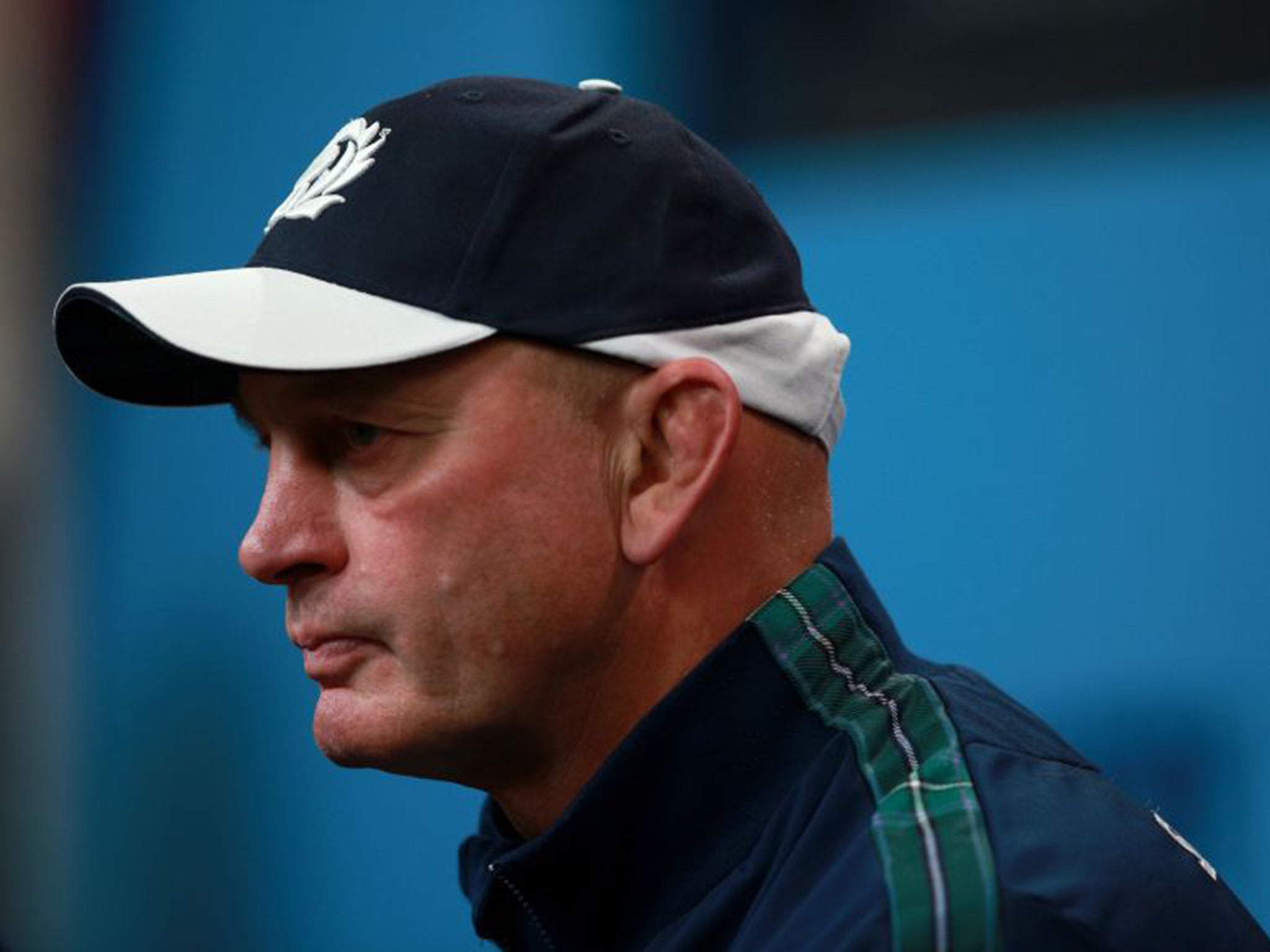
If England wanted simply to win their next match, against Scotland in the Six Nations Championship in February, they need look no further than Gatland, a brilliant man-manager who knows the players and all their opponents inside out, from his eight years with Wales.
More probably, the RFU will set the focus on winning the 2019 World Cup. Even if a coach is head-hunted by the RFU, he will surely be required to lay out his vision for that task, in detail. To state where established players can be made better, and how emerging players will be brought through.
It can be said that Gatland, again, scores heavily here. His knowledge bank is teeming over, with enough empathy from his time with Wasps (winning three Premierships and a Heineken Cup) to understand the English clubs’ natural vested interest in their players’ development.
Schmidt, Cotter and Cheika have all worked at a French club where the challenge is much the same. In theory Mallinder is ahead of them because he is actually working at an English club. The fact the 49-year-old Mallinder can only set one Premiership title against Schmidt and Cheika each having won the Heineken Cup with Leinster could be as much to do with the relative strengths of Irish provinces and English clubs as the various men in charge.
Maybe Gatland’s only question mark, when considering the self-motivation and drive to make England sweep all before them, is that the immediate opponents would include Wales. He has the wit and credibility to carry that off.
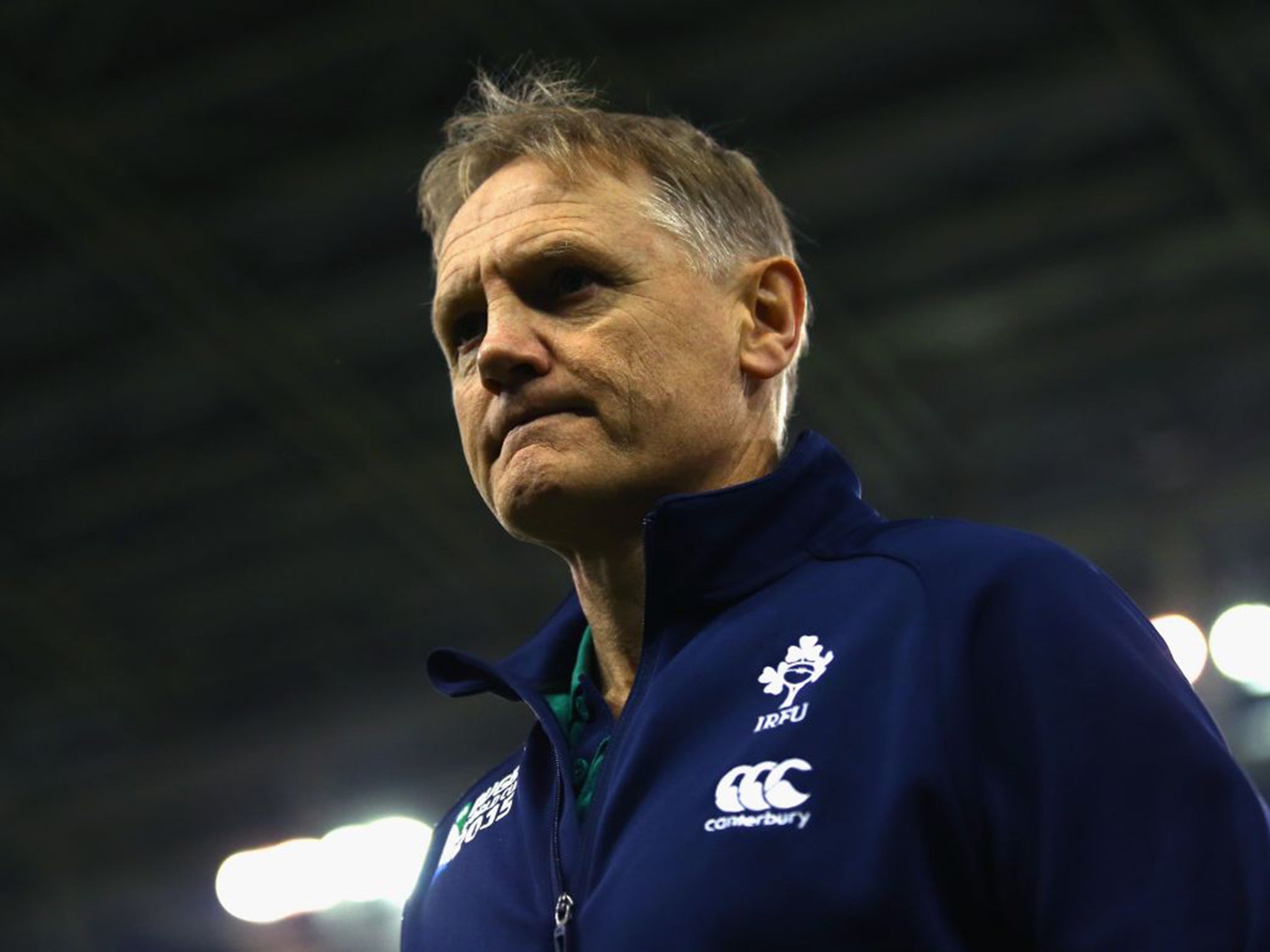
“Above almost everything else, an international coach has to be a very good selector,” Jones said. “You’ve got to understand how you want to play the game, and you’ve got to pick players that are able to play that game for you and make sure they gel as a team. Some of the best coaches in the world aren’t necessarily the best coaches on the training ground. That’s the big differentiation with the club coach, who has time to develop skills and tactics.
“The other thing that’s been seen at the World Cup time and again is you need at least 650 caps in your team, which is every player with an average 40 Tests. If you’re starting a campaign four years out from the World Cup, you’ve got to blood new players early.” Lancaster presided over a clear-out of so many players, including Dylan Hartley and Manu Tuilagi, he was never likely to hit the 650-cap mark, although it didn’t prevent him from constantly referring to it.
All possibilities present themselves, as does the odd conspiracy theory. Another World Cup winner, Neil Back, is seriously unimpressed by the make-up of the RFU review panel, with Ritchie, long-time RFU mandarin Ian Metcalfe and Sir Ian McGeechan all involved in Lancaster’s permanent appointment in 2012. McGeechan has recently supported Lancaster and his assistants in his newspaper column. An RFU spokesman referred to McGeechan’s “strong track record in coaching and high integrity”. Well, if “Geech” is so good, why not make him head coach, with a bespoke team under him, in the manner of the Lions tours with which he is indelibly identified? More mischievously, if the RFU are already en route to dispensing with Lancaster, who better than the incumbent’s chief cheerleaders to present this as a considerate, thought-out decision?
Even dealing with English rugby’s realpolitick, with compromise built in, the appointee will insist on the assistants he wants. Gatland has worked for years with Shaun Edwards, an Englishman, on defence. For set-piece expertise, Jones heartily recommends the immediate inclusion of Steve Borthwick, his Japan assistant, who has just joined Bristol.
“Steve is a proven player who captained England 21 times. Now he’s cut his teeth and showed the quality of his coaching with Japan,” Jones said. “You’re getting someone who loves the rose, that’s the other real benefit. You want some coaches who have that real innate sense of what it’s like to play for England.”
Back was one of those, for sure, yet he has no hang-up with a non-Englishman taking charge, as long as it is the best person for the job. “We need a massive rethink in the England attack philosophy,” Back said. “That goes for the Premiership clubs too. If we get that, the “fetcher” No 7 that England desperately need will naturally emerge. Coaching England is a phenomenal job. Well paid? It’s almost one you’d pay to do.”
In the money: What the top rugby coaches earn
The exact figures are never made public but these are the best estimates of the salaries of the leading national head coaches:
S Hansen (NZ) £440,000
S Lancaster (Eng) £380,000
W Gatland (Wal) £300,000
J Schmidt (Ire) £250,000
Such salaries may seem a lot but pale into insignificance when compared to what the top football managers earn, though these figures may include bonuses:
J Mourinho (Chelsea) £8m
A Wenger (Arsenal) £7m
J Klopp (Liverpool) £7m
R Hodgson (England) £3.5m
World’s top rugby coaches
1. Warren Gatland (NZ) Head coach Wales, age 52, contracted until end of 2019 World Cup
Top man-manager who has won trophies with Wasps, Waikato, Wales and the Lions. And has the greatest familiarity with the English game.
2. Steve Hansen (NZ) Head coach New Zealand, 56, contracted until the end of 2017
Unflappable Kiwi, had a decent 2003 World Cup leading Wales. Overriding appeal is being imbued with New Zealand expertise. Could bring Wayne Smith with him.
3. Michael Cheika (Aus) Head coach Australia, 48, contracted until 2017
Australia and former Leinster, Stade Français and Waratahs coach, good with the media and has brought errant Wallabies into line.
4. Vern Cotter (NZ) Head coach, Scotland, 53, contracted until 2017
Hard-nosed Kiwi forwards expert, starting to turn Scotland round. Edges out compatriot Joe Schmidt as he suits English needs better. Has European club experience, winning French league with Clermont Auvergne.
5. Joe Schmidt (NZ) Head coach, Ireland, 50, contracted until 2017
Tactical master and proven winner, the former Leinster and Clermont coach has an amiable public face, yet is strong enough to withstand gripes in Ireland that he dislikes mavericks.
Best of the rest
New Zealand assistant Ian Foster ticks a few boxes, while Jake White, 2007 World Cup winner, is thought to fancy the job, unlike Nick Mallett, 59, and Graham Henry, 69, who have both left full-time coaching.
And the best English option?
Northampton’s Jim Mallinder is the closest English rugby has to a proven winner, plus the ambition (unlike Dean Richards) to have stated he wants the job. Clive Woodward? Hasn’t been a rugby coach for 10 years, but could be a brilliant part-time consultant.
Hugh Godwin
Join our commenting forum
Join thought-provoking conversations, follow other Independent readers and see their replies
Comments
Bookmark popover
Removed from bookmarks